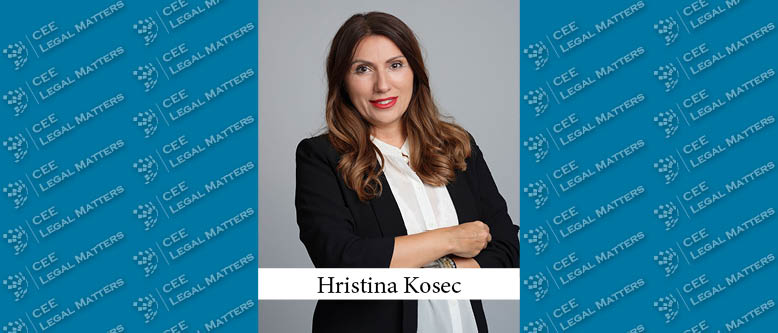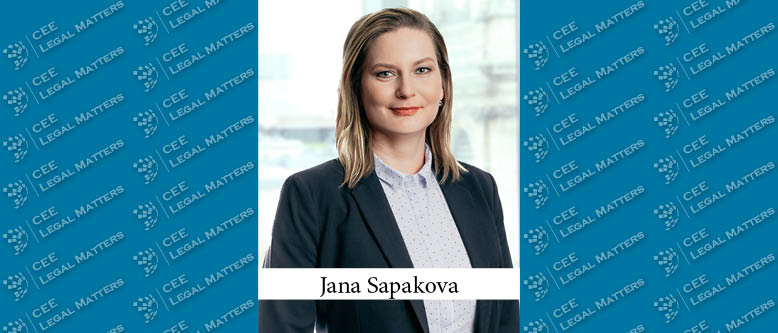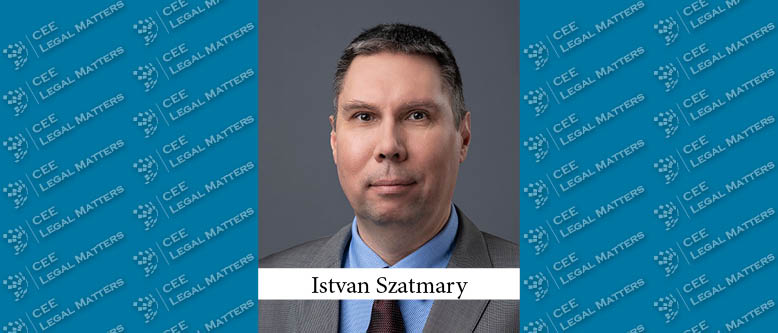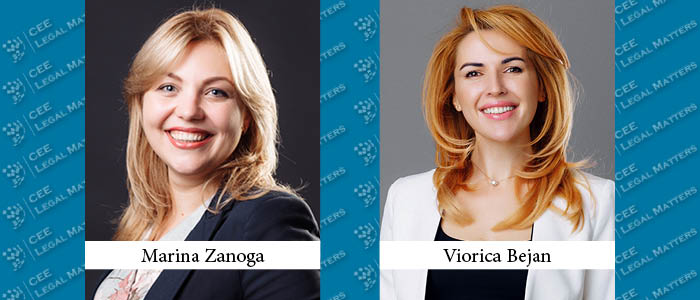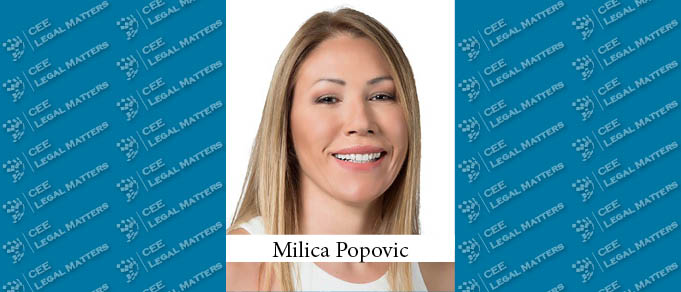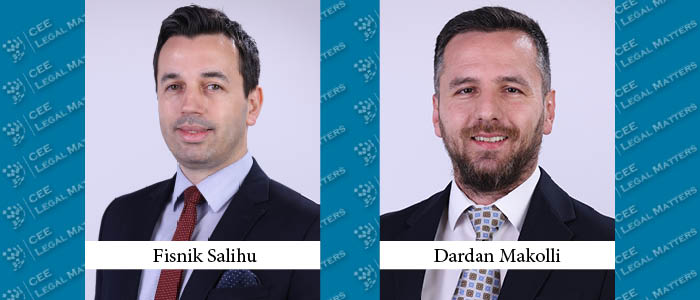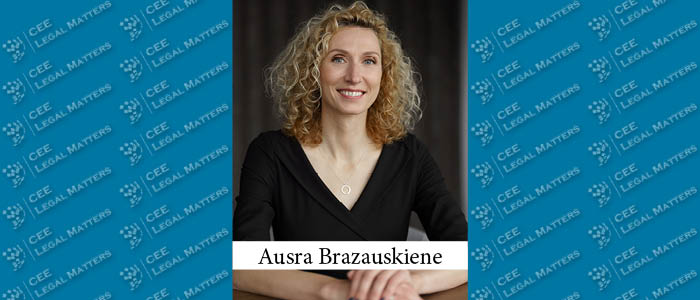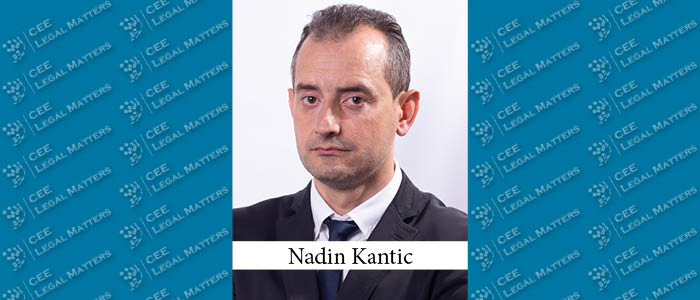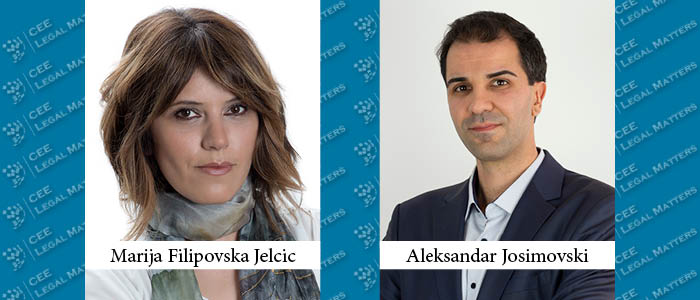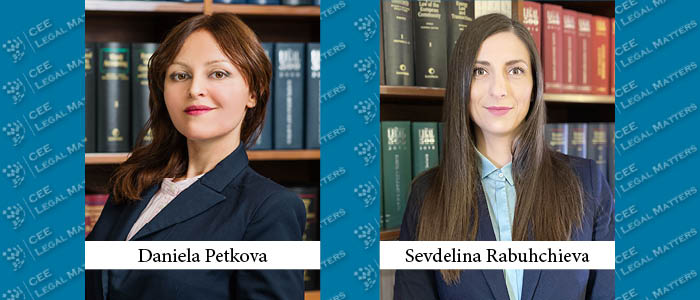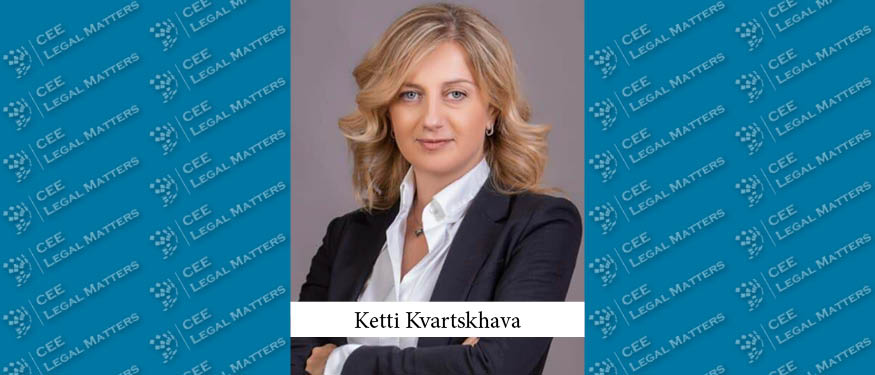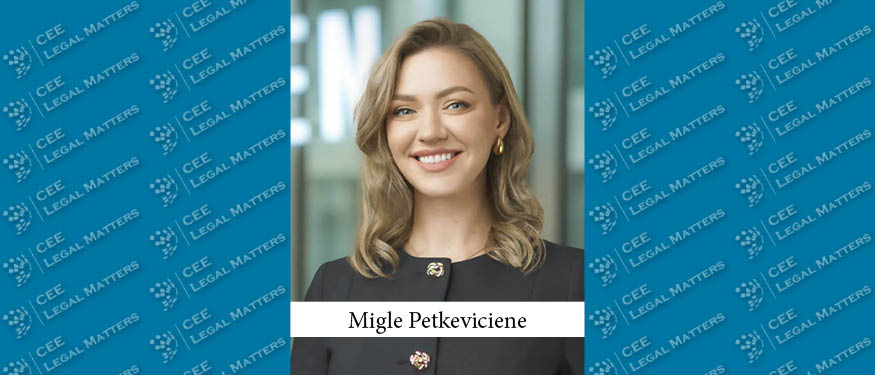In a move that might appear unconventional for CEE legal markets, Belgrade-based law firm Gecic Law elevated its Head of Operations Hristina Kosec to Partnership. While a lawyer by education, Kosec’s career up to this point has not exactly been a typical lawyer’s one.
Healthcare in Serbia: From Public to Private
The Serbian private healthcare sector – including private healthcare providers and pharmacies – has been on a steady incline over the past several years. BDK Advokati Senior Partner Vladimir Dasic, Prica & Partners Partner Tijana Lalic, and Karanovic & Partners Senior Partner Marjan Poljak take a deep dive into what makes the sector tick and grow.
Sharing Wisdom Is Caring: Eversheds Sutherland’s Customized In-House Trainings
Eversheds Sutherland’s Bratislava office has expanded its offering with an additional line of service – customized in-house trainings. Counsel Jana Sapakova talks about these new trainings.
Go (Safe) Big or Go Home: PE in CEE
While international private equity players still dominate blockbuster deals in CEE, locals and regional players are gaining more and more ground – especially in terms of volume. PRK Partners Co-Head of Corporate and M&A Practice Group Milan Sivy, Tuca Zbarcea & Asociatii Managing Partner Gabriel Zbarcea, and Avellum Managing Partner Mykola Stetsenko provide an in-depth analysis of the PE landscape in the Czech Republic, Romania, and Ukraine.
The Corner Office: Partnership Tracks
In The Corner Office, we ask Managing Partners at law firms across Central and Eastern Europe about their backgrounds, strategies, and responsibilities. As key steps, requirements, and timeline for becoming a Partner may vary from firm to firm, this time we asked: Does your firm have a formal Partnership Track and if yes, what does it involve?
Compliance and the In-House Legal Function
Are compliance teams a necessary evil or effective facilitators of business success? At the CEE Legal Matters GC Summit held in Istanbul, legal experts from across Europe discussed how to best foster a culture of compliance and ethics in order to benefit businesses, as well as why multidisciplinary knowledge and an agile approach are crucial for compliance teams.
Guest Editorial: The First (?) Victim
Not even half a year has passed since ChatGPT’s AI-supported chatbot started its public career in the online space and we have already heard of the first (?) lawyer who got in trouble in court for using AI to do background research. For those who missed the story, the chatbot “created” some fake case law examples, and upon several follow-up questions, the AI even confirmed that the cases were real. The references to these cases were then submitted to a US court where it quickly became clear that the cases never existed. Apart from the procedural problems this caused for the lawyer involved, this was an eye-opener for many in the legal industry.
Moldova: Would You Fancy Acquiring a Qualifying Holding in a Bank? The Moldovan IPO Experience
In recent years, Initial Public Offerings on foreign exchange markets became a hot topic of discussion in Moldova. The Purcari Wineries Group, one of the biggest wineries in Moldova, got listed on the Bucharest Stock Exchange Market. Others are also tackling the prospects. An IPO on a reputable market means better corporate governance, transparency, prestige, and access to new sources of funding.
Montenegro: English Law Breakthrough in Financing
For many years, we have witnessed how the laws of England and Wales were introduced in the Montenegrin financial legal system by the application of Loan and Market Association (LMA) templates in financing transactions. It was usually the lenders insisting on having the LMA standards in the loan agreement and for the laws of England and Wales to govern the loan agreement.
Kosovo: The Banking and Finance Legal Framework and the Way Ahead
The banking and financial sector in Kosovo has undergone significant changes in recent years, including the introduction of new legislation for the industry. Kosovo has managed to build a sound and stable financial system, which has contributed to supporting the overall growth of the economy. In addition, financial institutions have been very active in making significant progress in the implementation of advanced technologies and innovation following the latest CEE developments.
Lithuania: The Creditor’s Guide to Security Instruments
The due performance of obligations in Lithuania may be secured by various security instruments. Pledge, mortgage, and financial collaterals all create a right in rem for the creditor, i.e., such a security, upon due perfection, becomes enforceable against third parties and withstands bankruptcy, reorganization, and similar procedures of the security provider. Other types of collateral, such as default interest, surety, guarantee, deposits, and other instruments agreed by the parties terminate immediately upon bankruptcy, reorganization, or similar procedures of the security provider.
Bosnia and Herzegovina: Investing in B&H from the Banking & Finance Perspective
The banking system of Bosnia and Herzegovina incorporates the Central Bank of Bosnia and Herzegovina, commercial banks, and other financial institutions. The Central Bank defines and controls the implementation of the monetary policy of Bosnia and Herzegovina, and assists and maintains appropriate payment and accounting systems. It also coordinates the activities of the banking agencies of the B&H entities (hereinafter: regulators), which are responsible for issuing licenses for the operation and supervision of banks.
Latvia: At the Forefront in Provision of European Crowdfunding Services
At the end of 2021, the Regulation (EU) 2020/1503 of the European Parliament and of the Council of October 7, 2020, on European crowdfunding service providers for business (EU Crowdfunding Regulation) entered into force. In light of the regulatory requirements, existing crowdfunding platforms with prior authorizations under national rules shall receive authorization under the new regulatory framework by November 10, 2023.
Hungary: Financing for Agriculture
Hungary’s agricultural sector has a rich historical tradition but faces challenges due to insufficient financing. The European Union’s Common Agricultural Policy (CAP) provides funding for farm restructuring and market support, while Hungarian farmers can seek financing from banks and cooperatives. The Hungarian government has also established various programs to provide financing for agriculture, including subsidies for machinery and technology investments and funding for training.
Czech Republic: Upcoming New Administrative Obligations for Payment Service Providers
The Czech government is introducing new requirements and obligations for payment service providers based on the latest EU legislation. The new rules are expected to take effect from January 2024 and the legislative process is underway.
Serbia: Financial and Banking Market Overview
Serbia’s banking sector faces another year of challenges. Global inflation in 2023, compared to the last quarter of 2022, records a slight slowdown, but one thing is indisputable – the main challenge in 2023, and not only in the banking sector, is the war in Ukraine.
North Macedonia: Conversion of Third-Party Loans into Share Capital Contributions in Trade Companies
Before the introduction of the latest amendments to the Company Law of the Republic of North Macedonia (Company Law) on April 29, 2022, it stipulated that only loans provided by sole shareholders to their companies may be converted into share capital. The practice of conversion overseen by the Central Registry of North Macedonia (CRM) was strict. For example, loans taken over by the shareholder from the companies of the same group were considered ineligible for conversion.
Bulgaria: Financing Alternatives Beyond Traditional Bank Funding
Although companies’ financing in Bulgaria remains primarily bank-based, a transformation towards the growing importance of alternative financing has been observed in recent years.

